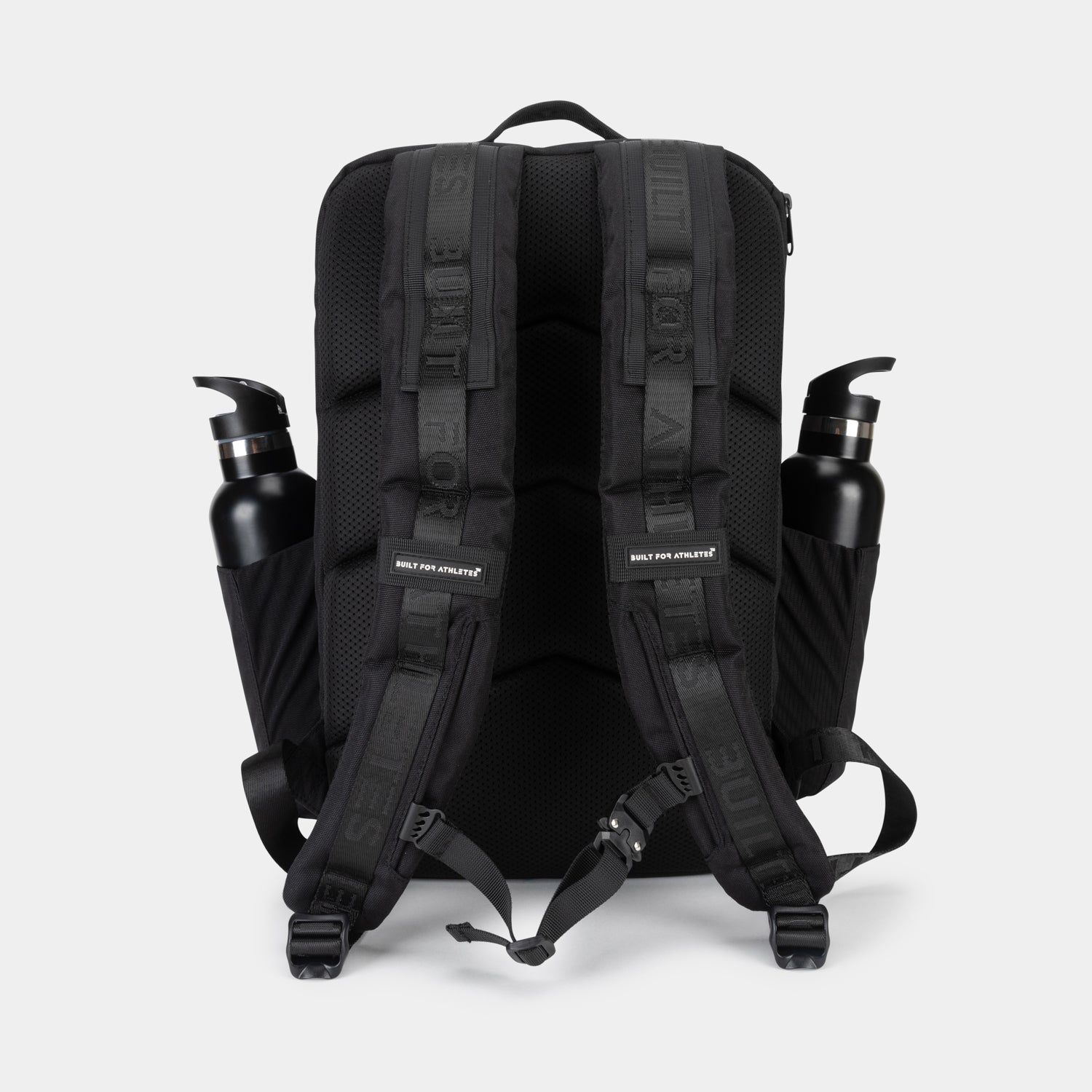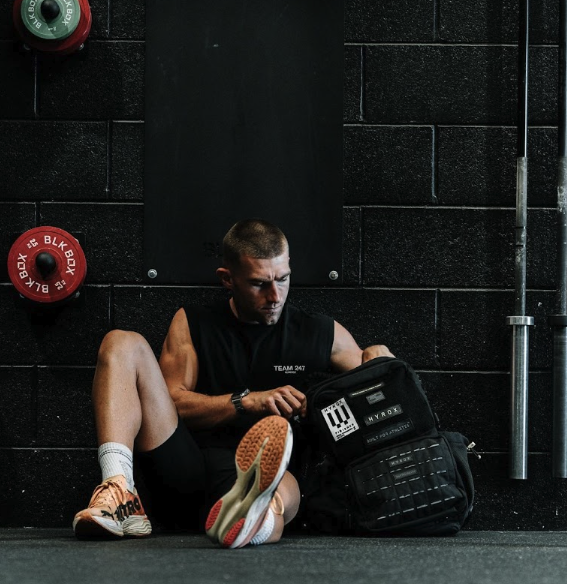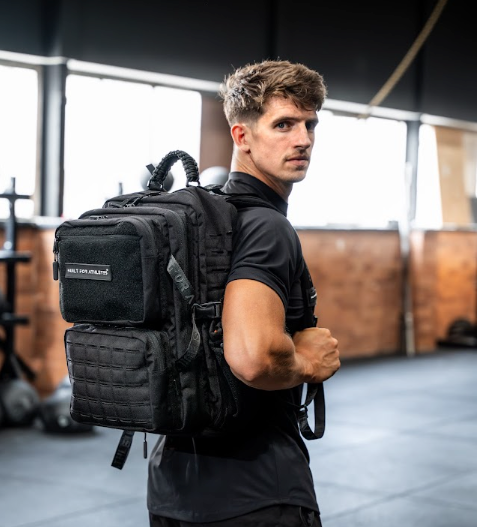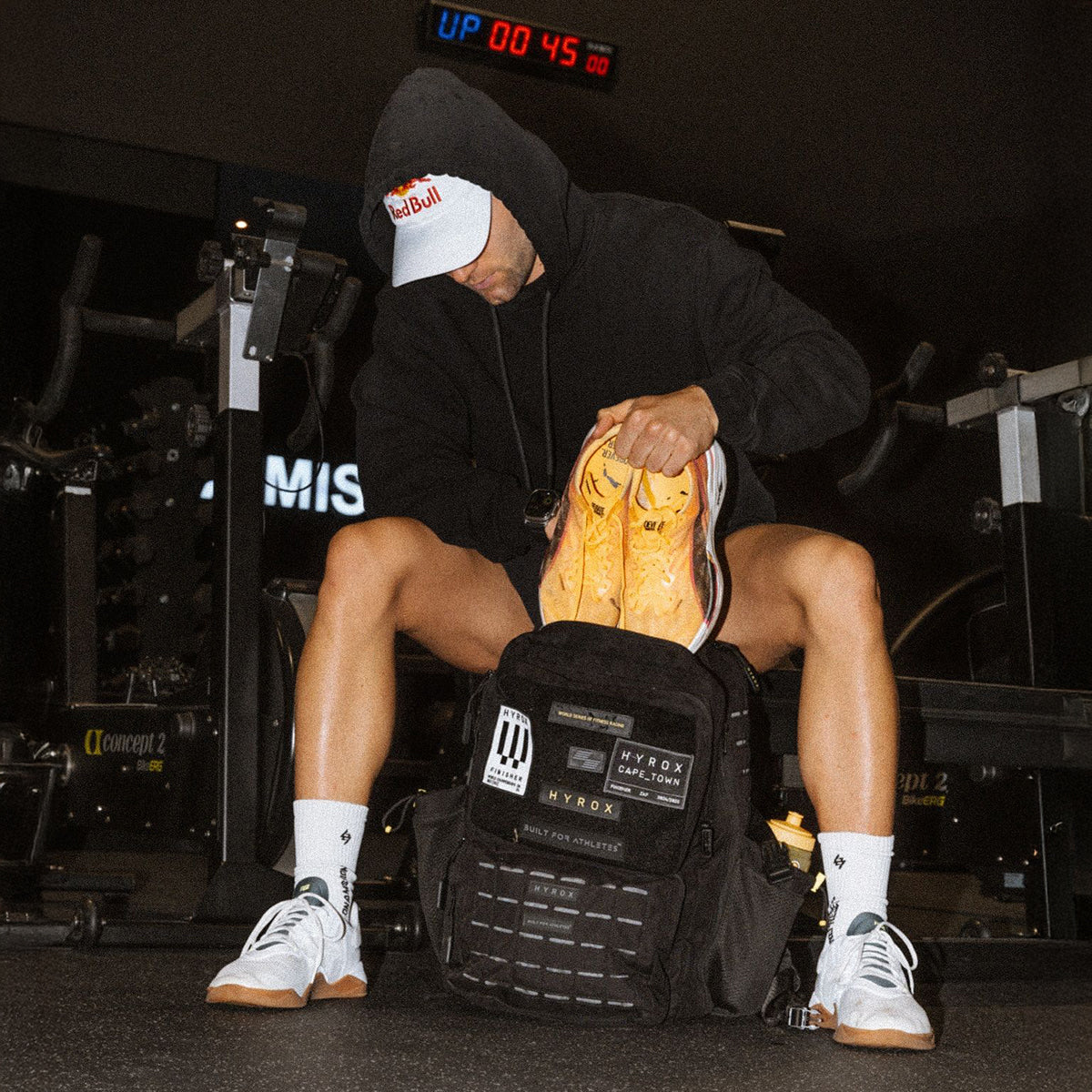With all manner of different approaches and theories of how to improve fitness, things can become complicated pretty quickly. But when you boil it down, there’s one overarching principle that is applied universally: stress and recover.
It’s a wonderfully simple and easy way to look at the process. You place a stress on the body and then allow it to recover, adapt and overcompensate so it becomes stronger and more efficient than before. That’s what training is.
Yet many athletes can forget this principle and become anxious when recovering, feeling they need to be pushing harder. When they get the balance wrong between stress and recovery, it invariably leads to overreaching and poor performances.
Overall Stress
It’s important to remember that stress is cumulative and comes from all parts of life.
If an athlete is encountering a particularly busy period at work or is dealing with a difficult time in their family life, this contributes to total stress because levels of hormones such as cortisol are elevated. The training-recovery equilibrium may, therefore, need to be adjusted in such circumstances to avoid overtraining syndrome.
A Recovery Strategy
It’s important to develop your own methods of recovery to allow the body to restore itself both physically and mentally.
Working processes into your weekly routine can ensure you keep a healthy balance, avoid injury or illness, and keep moving forward towards fitness gains consistently.
Passive & Active Recovery
Your recovery strategy could involve two types of recuperation methods - passive and active.
Passive recovery could involve external manipulation, such as massage therapy, while active recovery tends to involve mostly physical activities which require a high degree of self-determination. Each aims at alleviating fatigue caused by training and incorporating both into your regular routine can be beneficial.
Conclusion
Keeping the stress and recover principle in mind is a good way to stop overcomplicating training and help you look at the long-term picture.
In the modern world, it’s easy to look at what other people are doing and start to question your own methods and techniques, so heightening your awareness of philosophies and acknowledging that improvement is a long process is more important than ever.


























































Share:
The 200-mile-per-week training of Dave Bedford
Lefteris Theofanidis Handed 4-Year CrossFit Ban